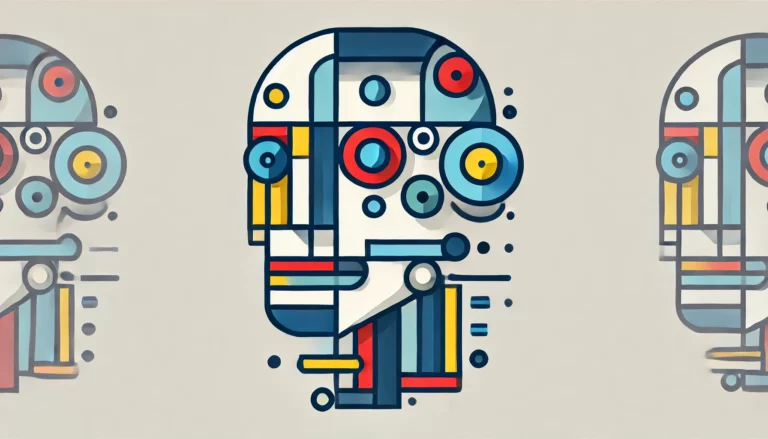Google CEO Sundar Pichai shared strong quarterly company figures. But more important than this near-term growth is its shift to AI-driven programming, which already accounts for over a quarter of new Google code today.
AI isn’t replacing humans just yet, as the AI-supplied code is still checked and corrected by real programmers. “This helps our engineers do more and move faster,” Pichai said.
The news comes amidst a flurry of strong quarterly results. Google parent company Alphabet pulled in $88.3 billion this quarter, while Google Cloud revenue hit $11.4 billion, an increase of 35 percent compared to the same quarter last year. In short: even now, Google/Alphabet is already posting good results, although the transition toward AI is still in full swing.
Anti-skepticism
We have written about AI programming aids before, and the findings present a mixed bag. On the one hand, the promise is huge: AI-generated code can reduce or ideally eliminate the translation effort from the business side to software production. On the other hand, there is the genuine risk of releasing all kinds of insecure code into the world.
Tip: GitHub Copilot Workspace: will AI replace software engineers?
60 percent of coding work revolves purely around maintaining legacy codebases. Perhaps Pichai’s statement should be seen with that fact in mind. After all, it is quite conceivable that LLMs can refresh existing code by identifying potential vulnerabilities or inefficiencies. Pure code generation, given its limited success rate, does not yet seem to be the silver bullet. Perhaps Google is already pumping out brand new code that AI offered up, but we would like proof before assuming such a drastic development.
In the longer term, it is quite conceivable that this will change. More and more people will eventually be able to write code, albeit aided by GenAI. Nvidia CEO Jensen Huang is already urging kids to not pursue coding, almost as if programmers are bound to be the chimney sweepers of the 21st century, lost to time. For now, it’s just product announcements from the industry, such as Devin, which briefly cause a bit of an uproar but do not yet cause a radical shift in the developer community.
Read more: Devin is the first AI software engineer: should developers be worried?
Inside Google’s transition
Even within Google itself, a structural transition is already taking place. Not only by building code with AI, but also, for example, by putting the team behind the Gemini app under Google DeepMind’s purview. “This follows other structural changes,” Pichai says, “that have unified teams in research, machine learning infrastructure and our developer teams, as well as our security efforts and our Platforms and Devices team.”
Google is consolidating on AI, adding it to all its products like other major players. The difference with biggest competitor Microsoft is that it builds everything in-house, from foundation models to AI platforms, while Redmond is still relying heavily on OpenAI’s progress.
